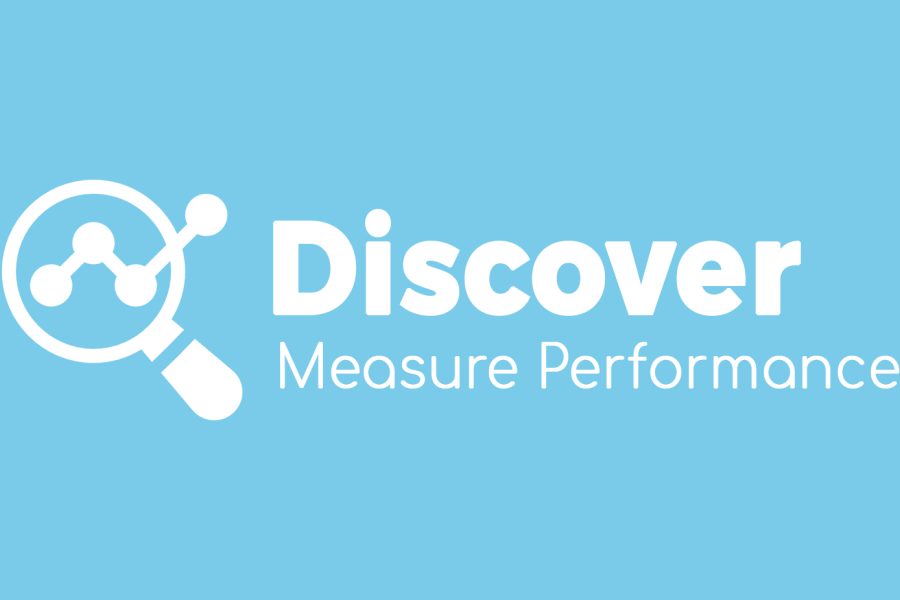English is rubbish
Words can be ambiguous, uncertain, non-specific and generalised in meaning. The English language is full of ambiguity and generalisation, it’s easy for our transmitted communication to be misinterpreted by a person with whom we are communicating.
How many times have you heard someone say “I didn’t mean it like that!”
Probing questions
Often the English language used in conversation is so ambiguous or generic we have to ask questions to gain a more precise understanding of meaning. Even then, after having asked a clarification question we sometimes find we have to ask additional, probing questions to gain what we believe to be an adequate amount of precision in our understanding.
If for example, we were to ask a colleague about their journey into work today, they might say “It was ok, not too bad today”. What does that mean, specifically? We have received a broad generalised message telling us very little about our colleague’s experience.
Specific questions = precise information
If we asked more specific questions, we’d receive more precise information back, perhaps describing the nature of the colleague’s journey, the flow of traffic, road conditions, weather, temporary traffic lights, and so on.
Surface Structure & Deep Structure
Linguists know the difference between these levels of communication transmission as Surface Structure and Deep Structure. Surface Structure provides a general message. Deep Structure gives us a richer, more detailed source of information.

Language Patterns
Continue & Begin Fast Coaching® professionals understand the dangers of surface structure responses by a coachee. By asking precision questions, this helps to uncover meanings, create deeper understanding and help identify options for individuals. The use of carefully crafted language patterns uncovers a richer meaning and gets as close as possible to the coachee’s intended explanation – to gain a greater precision of understanding.
In Continue & Begin® Fast Coaching we use the words ‘specifically’, ‘precisely’, and ‘exactly’ to encourage our coachee to be more specific, precise and exact in describing deep structure with precision.
Coaching Course
Coach your customer-facing teams to be even better with Performance in Peoples (PiP’s) Coaching & Behaviours for Service Excellence course (also known as ‘CBX’). CBX includes the Continue & Begin Fast Coaching® model as well as, Behavioural Training incorporating the award-winning BMS® methodology – a powerful 2-day course providing Managers, Team Leaders and Coaches with everything they need to ensure their customer-facing teams provide the best service to their customers.
Find out more
Find out more about our CBX course here or email enquiries@performanceinpeople.co.uk






